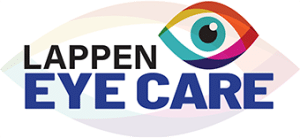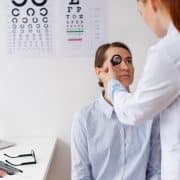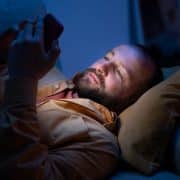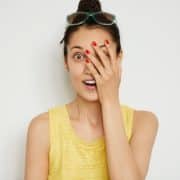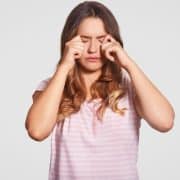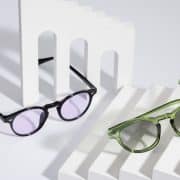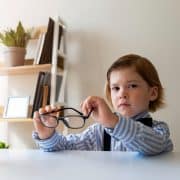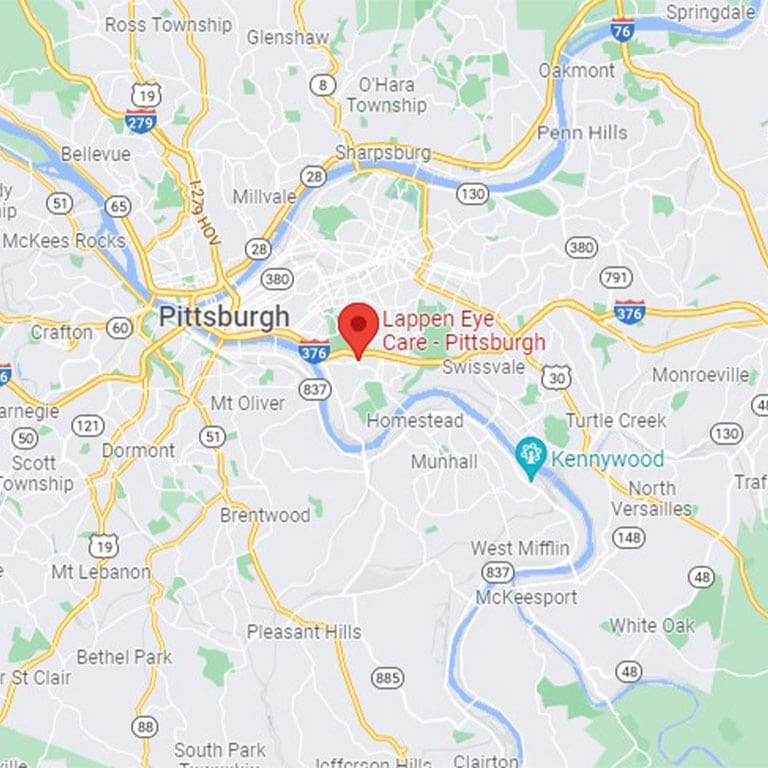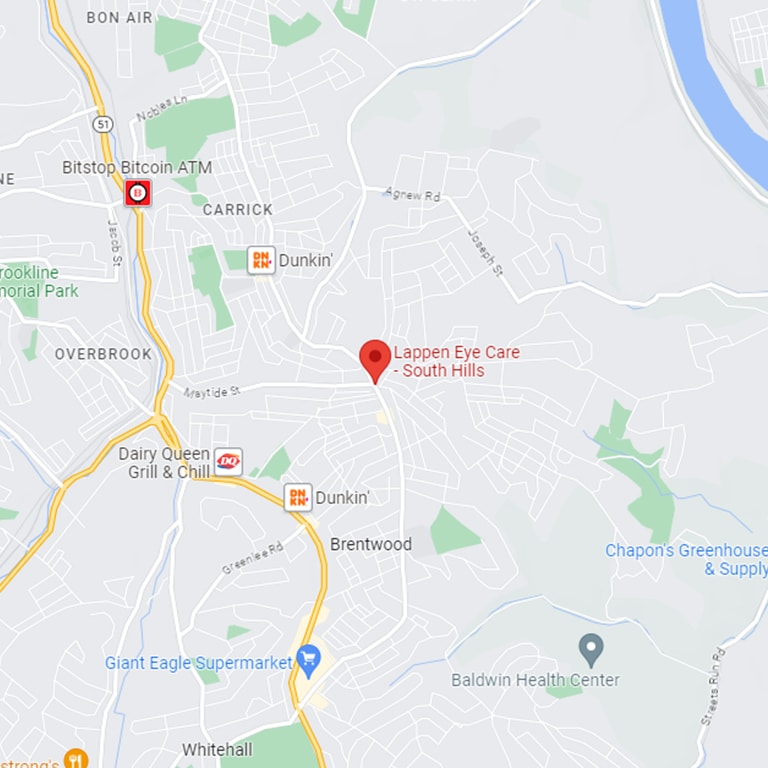Do Eye Exercises Really Work?
You exercise your body, but did you know you should also exercise your eyes? Your optometrist in Greensburg, PA, will tell you that, yes, in fact, eye exercises will help improve your eyesight. So here they are. These are the exercises you should do if you want to improve your eyesight.
Highly Effective Eye Exercises That Will Help Improve Your Eyesight
Aside from scheduling your annual routine eye exam in Greensburg, PA, eye exercises are the next best thing you can do for your eye health.
Figure Eight
This eye exercise increases eye flexibility and strengthens your eye muscles.
Focus your eyes on a point about 10 feet from you. Then, use the movement of your eyes to trace an imaginary figure eight on the wall.
Palming
This eye exercise will help reduce eye fatigue while relaxing your eye muscles.
Warm your palms by rubbing them together. Then, close your eyes and put your warmed palms over them until all images still present disappear.
Blinking
This eye exercise helps keep your eyes lubricated.
Take small breaks throughout the day to concentrate on blinking multiple times. To do this, close your eyes and pause there for a few seconds before you open them again. Do this several times in a row.
The 20-20-20 Rule
This eye exercise will help reduce eye strain if you spend lots of time in front of a digital screen.
Take a break from looking at your digital screen every 20 minutes. Look at an object you see off in the distance. An object that is at least 20 feet away from you. Look at it for 20 seconds. Repeat this throughout the day.
There are plenty more eye exercises. These are just a few to help get you started.
Looking for An Optometrist in Greensburg, PA?
Nothing is more important than your eyesight. So don’t put off your regular eye exams. Please Contact Lappen Eye Care today to schedule your next routine exam. We have a full suite of eye products and services to help you maintain your optical health.

